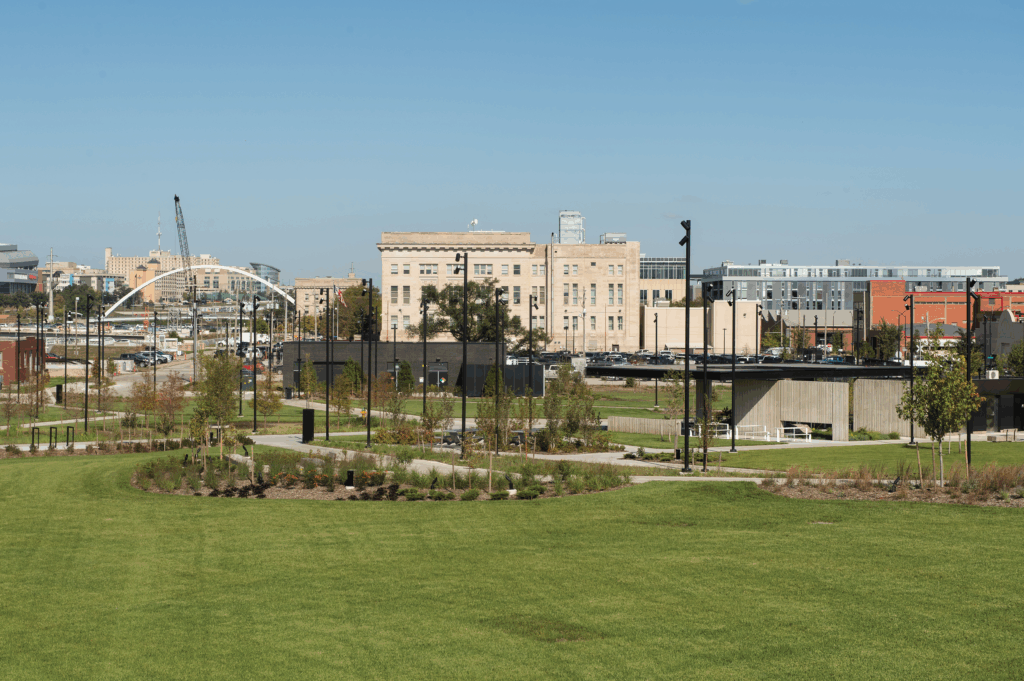Music festivals can help drive economy, culture, traffic, author says

PERRY BEEMAN Sep 26, 2016 | 3:29 pm
3 min read time
681 wordsArts and Culture, Business Record InsiderHere’s a preview of some of what you will hear if you check out “Music/City” author and sociologist Jonathan Wynn’s presentation at the Music University Conference and Showcase Oct. 1 at the State Historical Building.
- Music festivals are a great way to test how much support there is locally for live music, before a community jumps into planning more permanent arts-related venues, said Wynn, a hip-hop bass player and assistant professor of sociology at the University of Massachusetts at Amherst. Wynn is scheduled to appear on a panel discussion, give a keynote address and meet with business leaders and hopes to tour Des Moines in his first visit to the city since a speech at Drake University two decades ago. (Note: A lot has happened in that time.)
- It is fairly common to see some people leave town to avoid a music festival, while businesses, musicians and music fans strongly support the events. Some fear the festivals will worsen overcrowding. Among those folks are the ones who wear shirts in Austin that read, “Welcome to Austin, don’t move here,” or “Welcome to Austin, we hear Dallas is nice.”
- Often, music festivals can lead to a long-term cultural shift and a branding of a place as a “music city.”
Wynn said in a telephone interview that festivals and other short-term, temporary events are a good way to gauge support for the arts before a community commits to the expense of building major arenas or other facilities.
The book examines the sociology, culture and economics of staging festivals. “They have a long-lasting impact, over the whole year,” Wynn said.
A University of Chicago study found that the United States has too many venues, and they are relatively poorly attended as a whole, Wynn said. The festivals are a good way to get buzz and drive support, he added.
It is a question of how to capitalize on an area’s culture, rather than just an issue of economics or tourism, Wynn said. “It’s relatively amusing that we like to talk about the economics until the economics doesn’t work,” he said. “You would be hard-pressed to find an economist who thinks that stadiums are a good deal for cities. There are cultural and human aspects. What does it mean to say that your city is a music city, a creative city?”
The book opens with Wynn’s girlfriend (now wife) playing in a band. Wynn started playing, too. “This was an interesting way to see places,” he recalled. “I wondered what the places were like when the festival wasn’t around.”
Wynn started studying cities with music festivals in 2006. He has studied Nashville, Austin, Texas, and Newport, R.I., in depth and included his findings in the book “Music/City” on University of Chicago Press.
He doesn’t blindly promote the festivals. He notes that in Austin, there is huge controversy over an already bad traffic situation getting worse during South by Southwest Conference & Festivals and an assortment of shadow festivals at the same time. There are efforts to limit the impact, he said.
“There is concern that South by Southwest has been far too successful in promoting Austin,” he said.
Wynn has heard of one of the marquee Des Moines events, 80/35, but he can’t say yet how his findings apply here. In Newport, the famed music festival was seen as a nuisance in the early days and the community was close to shutting it down. “Since then, Newport realized that festival and culture were ways to brand and promote places,” Wynn said. “To bring extra media attention. They bring financial impact.”
In Sweden, a community of 30,000 fenced off downtown for a festival. Wynn thought that was weird, and perhaps disruptive, but the businesses within the fence seemed to love it.
The Music University Conference and Showcase uses workshops, panel discussions and concerts to help musicians and industry experts forge new relationships.
Music University is organized by the nonprofit Des Moines Music Coalition, with support from the late David Hurd and Trudy Hurd, Greater Des Moines Partnership, Bravo, Iowa Arts Council, McKee, Voorhees, & Sease, PLC and Iowa Public Radio.










